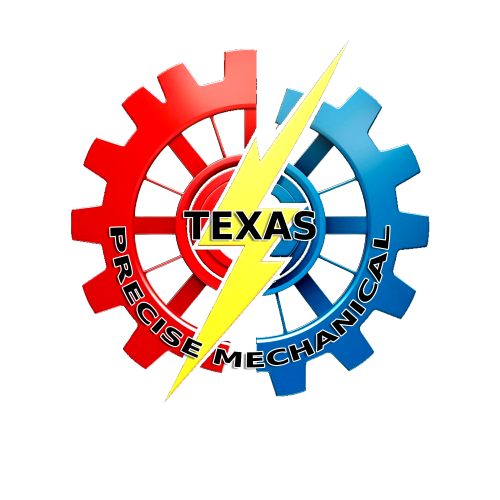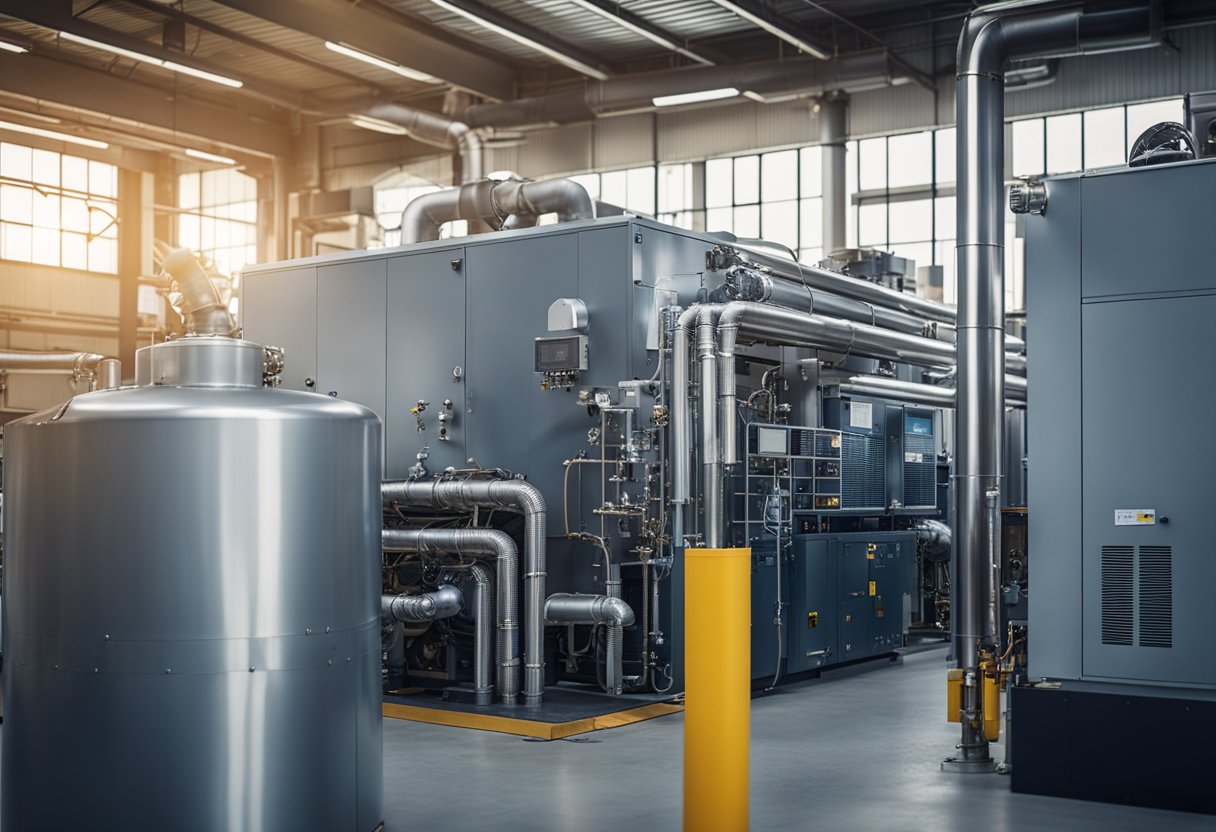HVAC Service Contracts: Year-Round System Efficiency
HVAC service contracts offer peace of mind by outlining a maintenance plan for the climate systems in a home or business. These agreements detail the scope of work and schedule for routine upkeep, aiming to prevent costly emergencies and ensure the longevity of the equipment.
What is an HVAC Service Contract?
An HVAC service contract is a legally binding agreement between an HVAC provider and the customer. It encompasses a predetermined set of maintenance tasks and services to be conducted on the client’s heating, ventilation, and air conditioning (HVAC) systems. Typically, it includes preventative maintenance to optimize system performance and prevent breakdowns.
Types of HVAC Service Contracts
There are several types of HVAC service contracts available. They range from basic maintenance agreements, which cover regular inspections and routine maintenance, to full-service contracts, which include all labor and parts required for repairs during the contract. The scope of work usually varies with the contract type but most aim to maintain the system’s efficiency and extend its life expectancy. The benefits of HVAC service contracts often justify the investment by potentially lowering energy bills and averting expensive emergency repairs.
Contract Terms and Legal Considerations
When drafting HVAC service contracts, it’s essential to include detailed payment structures and clearly defined policies for contract termination and renewal. These elements ensure both parties understand the financial obligations and the conditions under which the contract may be concluded or extended.
Payment Terms and Cost Analysis
Payment Terms: Contracts should itemize services and repairs to be provided with corresponding costs. The payment schedule must specify dates or milestones for payments, acceptable forms of payment, and any early payment discounts or late fees. An HVAC service contract may also define whether a flat fee or variable cost based on actual services rendered will be applied.
- Example: Payment of $200 due monthly for standard maintenance with additional costs for emergency repairs.
Cost Analysis: Before signing, the client should thoroughly analyze service costs. This analysis aids in understanding the total financial commitment and ensures the fees are competitive for the market. A cost breakdown can also factor in potential lien releases upon full payment, protecting the client’s property from future claims.
- Example:
- Routine Maintenance: $200/month
- Emergency Repairs: Billed separately
- Lien Release: Issued upon completion of payment
Termination and Renewal Policies
Termination: Contracts must specify the conditions for termination, such as breach of contract or mutual agreement. Notice periods, obligations for both parties upon termination, and any fees associated with early termination should be included here.
- Example: Termination upon 30 days’ written notice by either party without penalty.
Renewal: The HVAC service contract should clearly state the term of the agreement and the conditions for renewal. Automatic renewal clauses may be included but should be communicated transparently to prevent disputes.
- Example: Contract term is 12 months with automatic renewal unless either party provides written notice 30 days before expiration.
Both the independent contractor and the client should review these terms carefully. Consulting with a lawyer to review their independent contractor relationship and ensure the contract aligns with applicable governing law is advisable. Modification of terms should be addressed with a clear protocol for terms and conditions amendments, ensuring both parties agree to any changes.
Contract Content and Scope
An HVAC service contract should clearly outline what services will be provided and when. The document should detail the responsibilities of the service provider and the expectations of the client concerning both routine maintenance and unplanned repairs.
Defining the Scope of Work
The scope of work in an HVAC service contract is crucial as it specifies the range of services that the technician will provide. It typically includes routine inspections, testing, and cleaning of the HVAC system to ensure optimal performance. Clarity in this section prevents misunderstandings and ensures that both parties are aware of what tasks are included. For instance, the contract might itemize the specific components that require maintenance, such as filters and belts, and describe the procedures for each service.
Scheduled Service and Emergency Repairs
The frequency of scheduled services is also a key component of the service contract, with details on how often a technician will perform routine maintenance and inspections. Emergency services are a separate aspect and the contract should state how these situations are handled, including the notice required by the client and the response time promised by the service provider. It is important for contracts to distinguish between ongoing hvac services and repairs that fall outside routine maintenance to avoid confusion and ensure timely response to HVAC system issues.
Business and Client Relations
In the realm of HVAC services, robust business and client relations hinge on clear communication and commitment to client satisfaction. These elements are pivotal for fostering trust and building a solid client base, which in turn supports sustainable revenue growth for contractors.
Contact Details and Communication
Contact Information:
- Email: Essential for prompt correspondence.
- Phone: Vital for immediate communication needs or emergencies.
It is critical for an HVAC contractor to ensure their contact details are up-to-date in the service contract template. This establishes the foundation for swift and efficient communication, allowing for issues to be conveyed and addressed promptly, leading to better customer service. A clear dispatch system should be in place to manage service calls effectively, ensuring that all parties are informed about scheduling changes or necessary follow-ups.
Method of Communication Highlights:
- Emails: Should clarify expectations and provide transaction records.
- Phone Calls: Utilized for immediacy, personal touch in customer relations.
Ensuring Client Satisfaction
Client Satisfaction Goals:
- Address service challenges swiftly.
- Meet and exceed client expectations.
Maintaining exceptional customer satisfaction is a non-negotiable for HVAC businesses. This involves not just selling HVAC units but also offering service add-ons that provide peace of mind to clients. The contractor must periodically review invoices and services delivered to guarantee alignment with the agreed-upon expectations. Regular feedback solicitation can highlight areas for improvement in service and satisfaction. Additionally, customer service should not be reactive; proactive strategies to anticipate client needs can preempt challenges and contribute positively to the company’s revenue and reputation.
Key Client Satisfaction Strategies:
- Proactive solutions to potential issues.
- Transparency in service provision and billing.
Maintenance and Technical Specifics
In ensuring the seamless operation of HVAC systems, meticulous attention to maintenance details and technical exactness is critical for both residential and commercial settings.
Equipment and Particulars of Maintenance
HVAC service contracts cover a wide scope of work which often includes regular checks on heat pumps, air conditioning units, and furnaces. Filters are routinely replaced to maintain indoor air quality and system efficiency. The particulars of maintenance include, but are not limited to, inspecting coolant levels for optimal cooling, verifying heat exchanger integrity, and ensuring all parts and electrical connections are in good working order.
- Heat/Cooling Systems: Inspection of commercial and residential units for performance.
- Air Quality Components: Regular replacement of filters and checks on ventilation efficiency.
These tasks are carefully outlined in the HVAC installation contract, often itemizing additional services and upgrades that may be necessary over time.
Roles and Expertise of Technicians
HVAC businesses rely on the expertise of certified technicians who bring a depth of knowledge to each installation, maintenance, and repair task. These professionals are trained to interpret the technical specifics of the equipment and execute the maintenance plan as per contract specifications.
- Qualifications: Certified with a deep understanding of both commercial and residential systems.
- Responsibilities: Execution of the agreed-upon scope of work, including labor and sourcing of materials.
Technicians are also the bearers of crucial documentation, from warranty papers to detailed records of all maintenance performed. They represent the reliability of the HVAC business and are insured to safeguard against unintended damages during maintenance.
Important to note, platforms like ServiceTitan offer standardized templates that help in detailing the specific roles of technicians and the technicalities involved in providing service.
[trustindex no-registration=google]
How can we help you today?
Our team is standing by and ready to help.
Text To Request Service Schedule Today: (281) 898-3773

